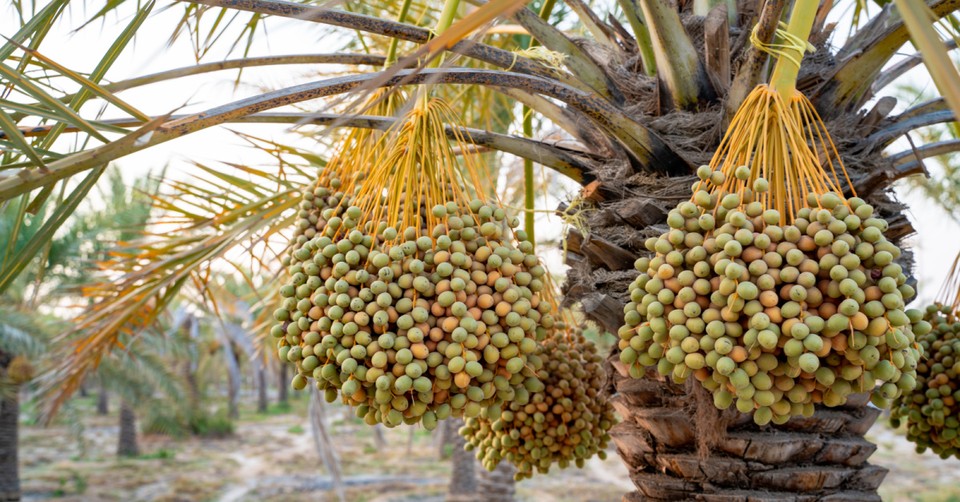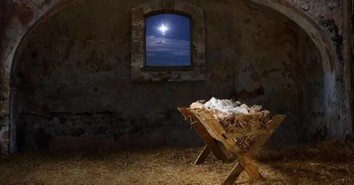Farmers in Israel Growing Date Trees Using 2000-Year-Old Bible-Era Seeds

Farmers in Israel are growing fruit-bearing date trees using seeds dating back to biblical times.
"We're talking about the resurrection of 2000-year-old plus ancient date seeds that come from the Judean Desert and from Masada and which are part of a scientific experiment," Sarah Sallon, the Director and Founder of the Natural Medicine Research Center at Hadassah Medical Organization, Jerusalem told CBN News in a recent interview.
Sallon, who is a medical doctor, explained that she began the unique project over 15 years ago after expressing interest in natural medicine.
"I wanted to see how medicinal the flora of Israel was and what it had been used for and so on. And then I realized that many of these species had actually disappeared," she explained. "And we knew what there was, because it's mentioned in the Bible. The Bible is our guidebook of ancient species," she added.
As reported by Faithwire, one nine-year-old tree named Judith was recently planted in the Ancient Judean Date Orchard in Kibbutz Ketura, near Israel's Arava Desert. The tree spent the last nine years of its life growing in a greenhouse.
Judith is also the fifth tree of its kind to be planted in the orchard, following trees Methuselah, Adam, Jonah and Hannah.
"We are planting our second female date tree, who was sprouted from an ancient seed. Actually, this one came from Qumran — was found in the caves — and much to our astonishment, she also sprouted," Elaine Solowey, the botanist who prompted the seeds to grow, told CBN News.
Hannah, the first female date tree, was planted in 2019 and was pollinated by Methuselah. Hannah bore around 100 dates in 2021. So far, the tree has produced more than 600 dates this year.
Judean date seemingly vanished hundreds of years ago, but according to the Bible, it was one of the seven date species found in ancient Israel.
"Now you say well, but we see dates all the way along here, palm trees and all the kibbutzim are growing plants," Sallon said. "And I look at the plantations on Ketura. Those date palms of modern-day Israel are modern, and they were imported after the founding of the State in the 1950s. But they're not the original date tree that grew here."
Solowey has planted around 3,000 date trees on Kibbutz Ketura, with each tree reportedly producing around 350 pounds of dates each year. She and Salone hope to add the revived Judean dates to the rest of their harvest in years to come.
"We are going to be testing those dates in the future to see actually what they do and whether they differ from other commercial varieties of modern dates. So, for the Kibbutz, it's a big venture," Sallon said.
Dr. Tareq Abu Hamed, Director of the Arava Institute at Kibbutz Ketura, said he supports the work Sallon and Solowey are doing.
"If you don't look back to the history you will not see the future. And here we are actually planting history at the Arava Institute. We hope that one day these trees that came from 2,000 years ago will be the hope of peace in our region," Abu Hamed said.
Photo courtesy: ©Getty Images/Shakeel Sha, this is a stock image.

Originally published April 19, 2022.







